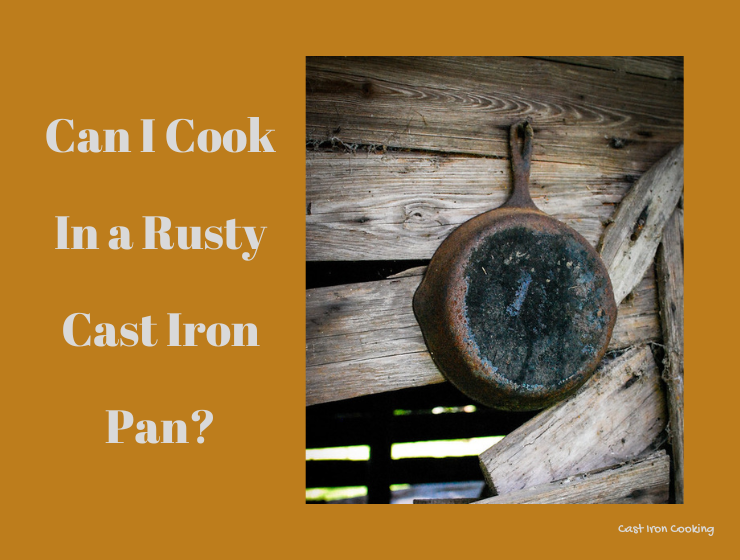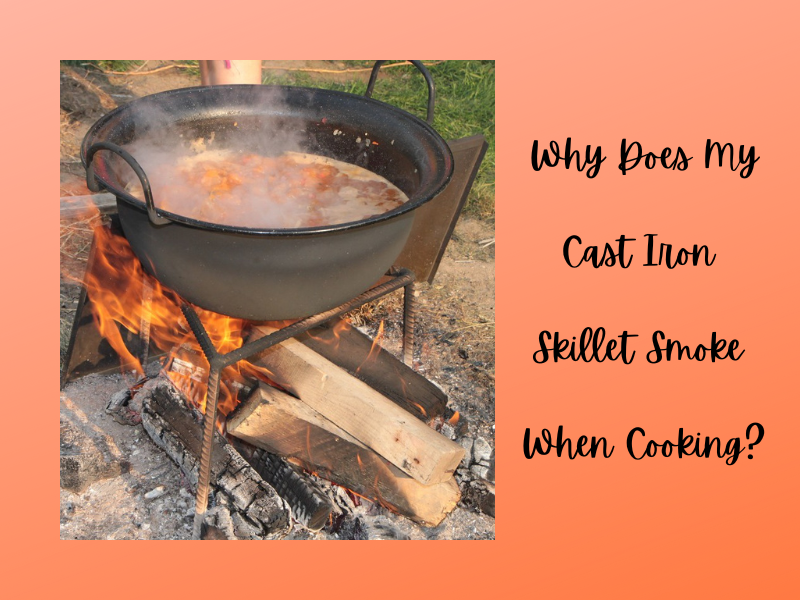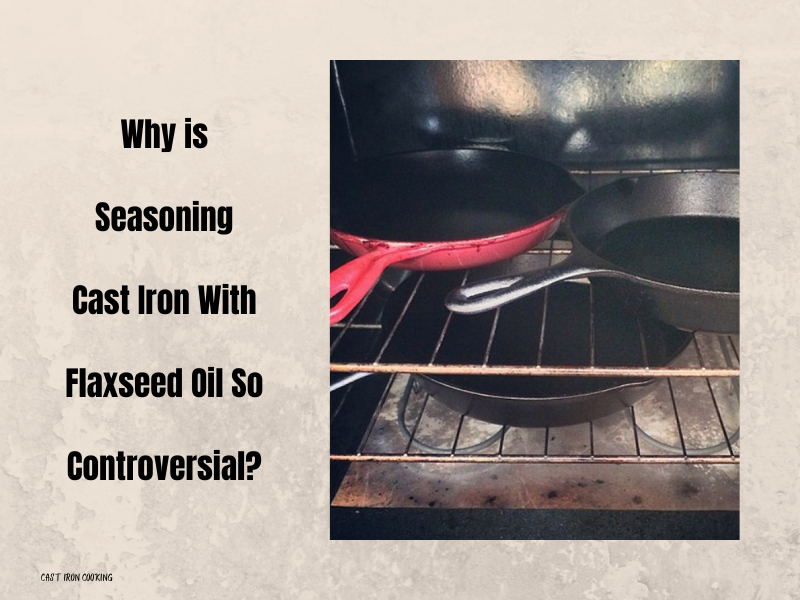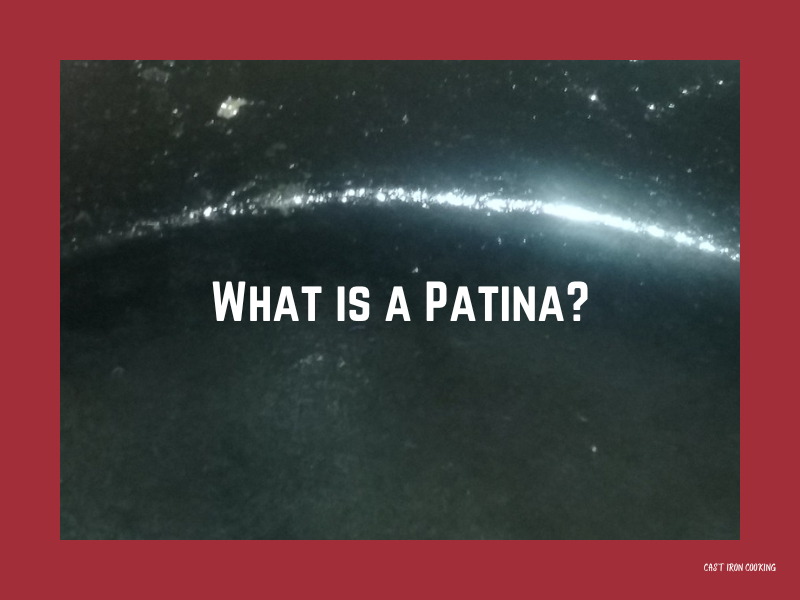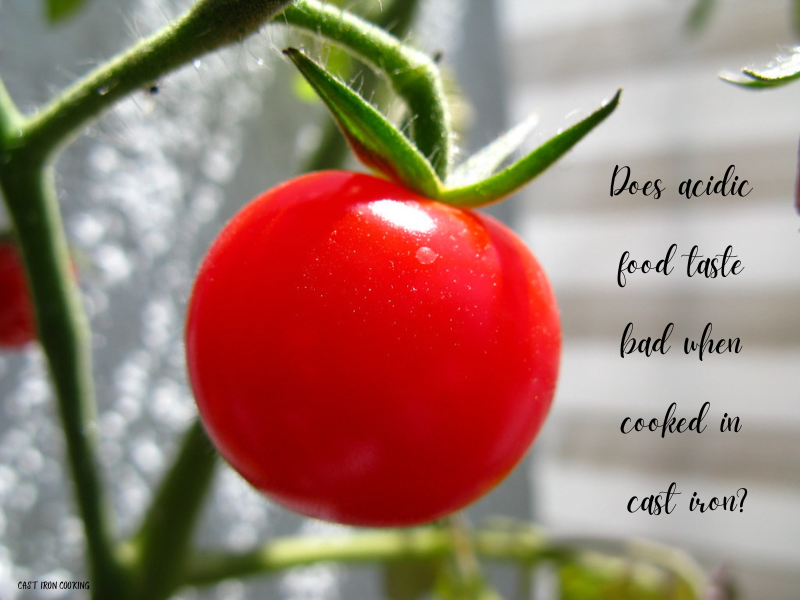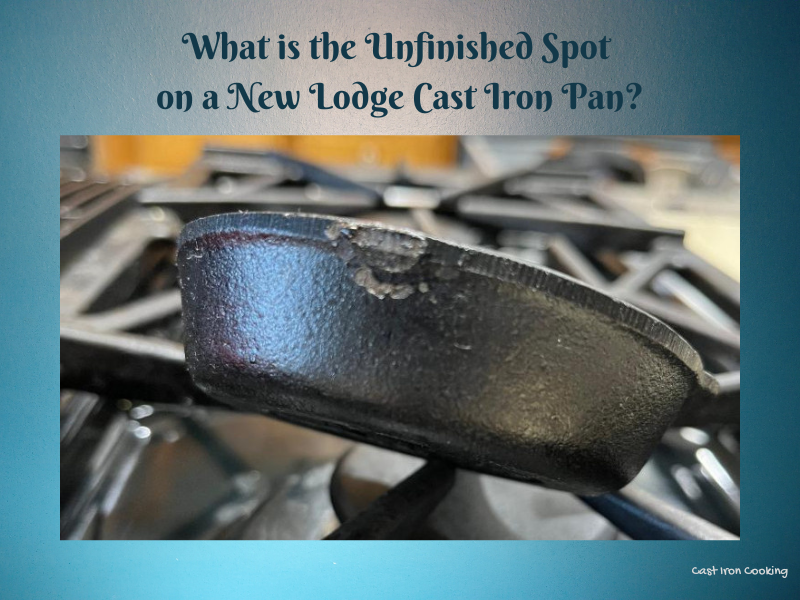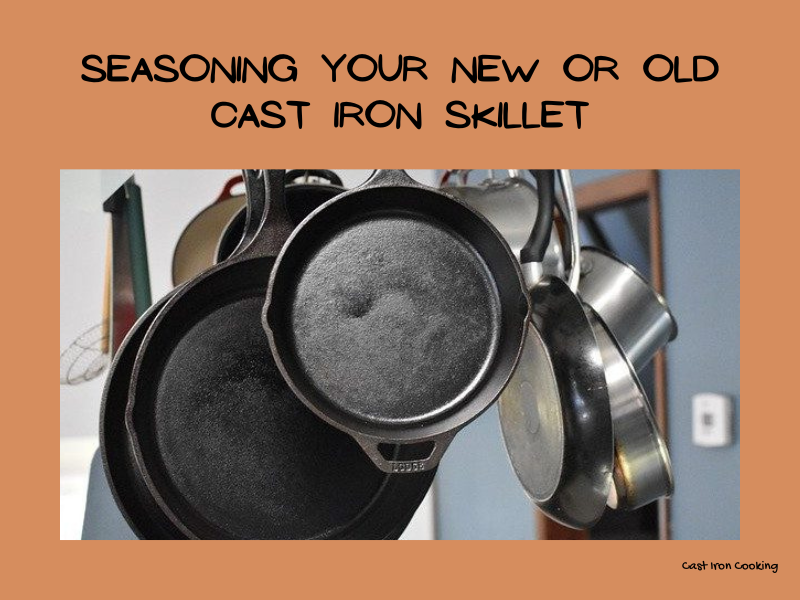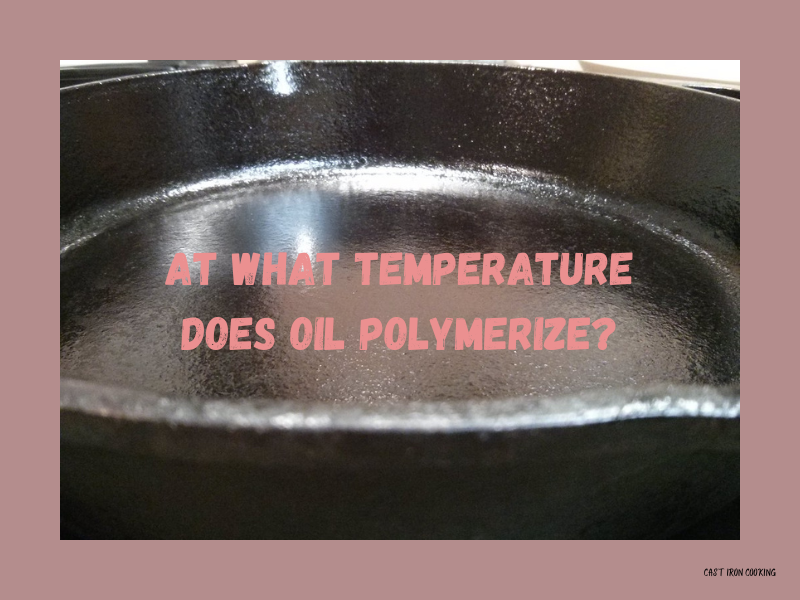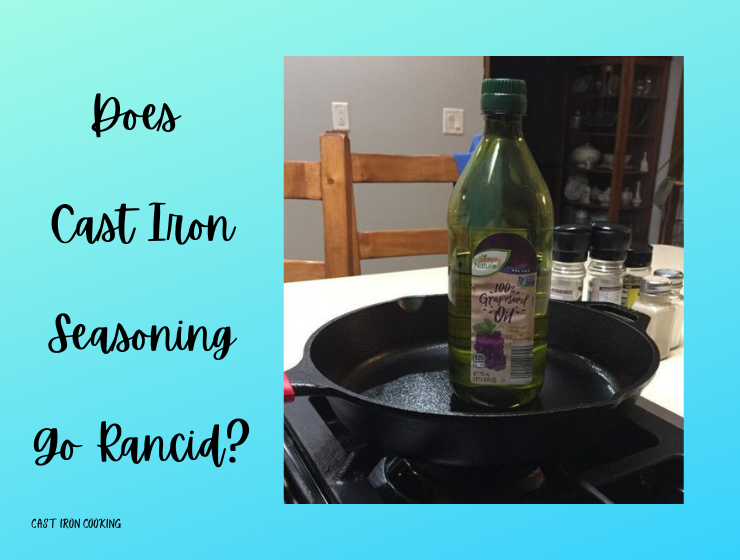Regardless of whether you just got your first cast iron skillet or you inherited an old one, you will eventually need to season your pan. Cast iron can easily last a lifetime if cared for properly, and part of that care will include seasoning.
Of course, if you bought a pre-seasoned skillet (which is the way most come), you won’t need to season it right away. But even new pre-seasoned skillets will eventually need to be seasoned.
I will note that some people like to season a new skillet even though it came pre-seasoned. However, it’s a matter of preference and not done out of necessity.
When I received my first cast iron skillet as a Christmas gift, it didn’t come with instructions. And the first thing I made was bacon and eggs. The eggs stuck terribly to the pan, and I knew something wasn’t right. So, I did some research on cast iron and found out the reason the eggs stuck to my pan was that I needed to use more oil/fat or re-season it.
In this post, you will learn about seasoning a cast iron skillet and why it’s important.
What does it mean to season cast iron?
Seasoning your cast iron skillet is a way of getting your pan nonstick and protecting it from rust. It involves putting a thin layer of oil on the entire pan, including handles, and baking it. The idea is to create a barrier between the iron and the air. Cooking is also a form of seasoning. Because it’s recommended that you put a thin layer of oil on your pan in between uses, the oil continues to get into the pores of the metal when you cook and helps keep that protective layer built up. So the more often you use your skillet, the less likely it will need to be seasoned in the oven.
Why do you need to season cast iron?
Seasoning your pan is important. Baking the oil into your skillet (polymerization) allows the oil to get into the pores of the metal to create a barrier between the iron and the air. It’s the preferred way of protecting your pan from rusting and for making it nonstick.
Moisture can easily lead to rust. Therefore, you should never submerge your pan into water for any length of time or leave it soaking in the sink. And you can’t put cast iron in the dishwasher.
RELATED > > > > > Why Can’t I Put My Cast Iron in the Dishwasher? – 2 Reasons to Consider
When should you season your cast iron skillet?
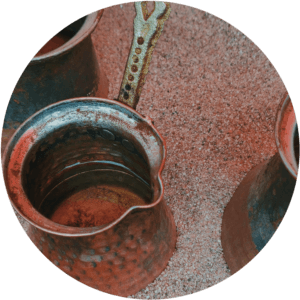
You should season your skillet when:
- It’s new (unless it is pre-seasoned)
- You have too much rust on your pan
- Food is sticking to the surface of the skillet
- You’ve had to really scrub it to get it clean
- You notice a sticky coating developing
With proper care and cleaning, you should be able to go long periods in between seasoning, especially if you use your skillet often.
RELATED > > > > > What Does a Well-Seasoned Skillet Look Like – Here’s 6 Qualities
How to season your cast iron skillet
Now that you know all about seasoning your cast iron skillet, it’s time to learn how. You will need cooking oil, a cloth or paper towel, foil or a sheet pan for catching excess oil drips (optional), and of course your pan.
Lodge recommends using vegetable oil, melted shortening, or canola oil but says almost any oil will work. They give two cautions though: one about lard and the other about flaxseed oil.
Traditionally, people have used lard and it’s fine as long as you use your pan often. However, lard is more prone to going rancid when it sits for long periods.
Flaxseed has grown in popularity because of its hardening abilities. But, keep in mind it has a low smoke point (225°F) and will polymerize more quickly. Additionally, the right flaxseed oil is expensive, harder to find, and has a strong odor while baking in the oven.
With all that in mind, choose the oil you want to use, and make sure you begin with a clean, dry pan. Now you are ready to begin.
Directions
- Preheat your oven to 450°F.
- Cover the entire pan with a thin layer of oil including the outside and any handles, using a cloth or paper towel.
- Wipe out any excess oil from the skillet. You want to avoid pooling or excess dripping.
- Place the skillet upside down in the oven for 1 hour. Putting it upside down keeps the oil from pooling.
- Put a piece of foil or a baking sheet on the rack below to catch any excess dripping. This is optional because ideally, there won’t be any excess.
- After the hour, turn off the oven and let the skillet cool inside.
- Once your pan is cool and you’ve taken it out of the oven, you will want to put another thin layer of oil on the inside of your pan before storing it.
RELATED > > > > > At What Temperature Does Oil Polymerize?
How to Season a Cast Iron Skillet
Final Thoughts
Once you’ve got your skillet seasoned, it’s time to start cooking. Remember, the more often you use your pan, the more you can build up your seasoning that way.
But when it’s time to season your cast iron skillet in the oven, there are basically three steps.
Step 1: Coat the entire clean pan with oil and then wipe off the excess.
Step 2: Bake the skillet in the oven at 450°F for an hour, turn the oven off, and let it cool inside.
Step 3: Remove the cooled pan and wipe another thin layer of oil on it before storing.
And remember, the reason you season cast iron is to protect it from rust and make your pan nonstick.
If you are looking for a lint-free towel to use on your cast iron, check out my review on Mr. Siga’s microfiber cloths.
